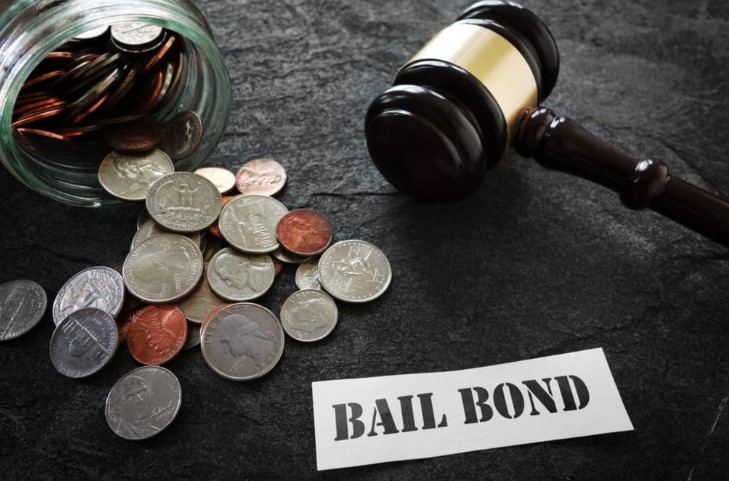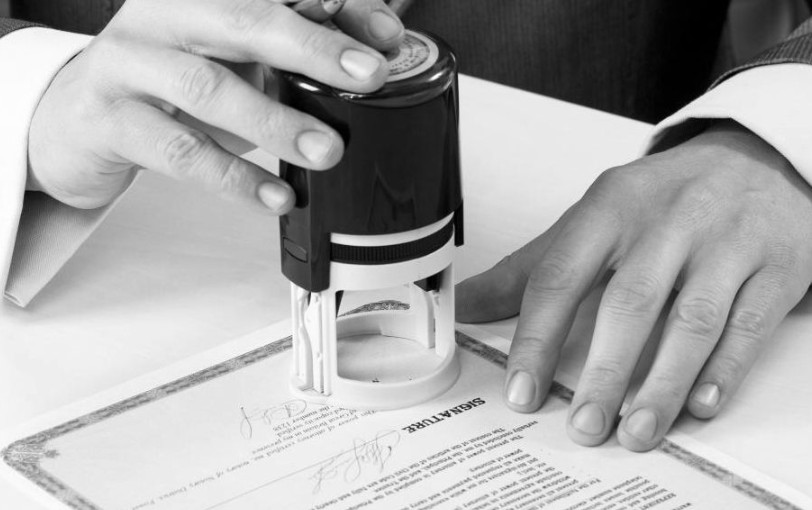
A comprehensive guide is a great resource for anyone learning more about bail bonds. The guide is broken down into sections that are easy to digest and include helpful visuals.
This guide will cover everything from what a bail bond is to how it works and why you might need one. It is a great resource if you or a loved one are arrested.
What is a Bail Bond?
Bail is the amount of money a judge sets for an accused person to ensure they make their required court appearances. It allows them to keep their jobs, care for their families, and plan for a trial that could last months.
Defendants can pay their bail in cash, through a surety bond with an insurance company, or property bonds (using a house, car, or other assets). If they make all their appearances, then at the end of the case, the court will return the collateral to the person who paid it.
A bail bond guarantees that a bail agent will pay a defendant’s bail, or in the case of a federal case, a surety company will pay it on behalf of the United States government. The bail agent charges a premium or fee for this service and often requires collateral, such as the deed to a home, that can be used to cover the cost of the bond if the defendant does not show up for court.
How Can I Get a Bail Bond?
Whether you need to bail yourself or a loved one out of jail, the process can be confusing. It’s important to understand how the bond process works and avoid being taken advantage of. To avoid this, choose a licensed bail bond company with years of experience. Also, ensure your local courts and government authorities sign the company’s documents. It is also a good idea to ensure the company has insurance to protect its clients and employees.
Bail bonds Allentown, PA allow defendants to return to their lives, avoiding the disruption that jail can cause to their careers, families, and personal lives. Bail amounts are often high that many defendants can’t afford to pay alone, which is why bail bond companies are so helpful. In addition, bond companies can help defendants avoid further legal problems by informing them about upcoming court dates and ensuring they show up for all scheduled hearings.
How Does a Bail Bond Work?
A judge sets bail at the arraignment of the accused. The defendant can post cash or credit to be released from jail after they promise in writing that they will return for their court appearances. If they do, the money will be returned at the end of their case. However, if they miss their court dates, the bail amount can be forfeited.
Those who don’t have enough money to pay their bail may contact a private company called a Bail Bondsman. A bondsman charges a fee, which is typically 10{eaf3894482ff9884a0171b555d6edb1f3a9c38cbfe8fd5eead91d449434d6727} or less of the total bail amount. They also require loved ones to sign a contract agreeing to be responsible for the accused person’s attendance at all court proceedings.
The bondsman will also try to track the accused individual and return them to court. If they do not appear, the bondsman can hire a bounty hunter to locate them. This is something other than what the bail bond company wants, so it is important to stick with your terms of release.
Why Do I Need a Bail Bond?
Navigating the legal system can be intimidating, especially when you or a loved one is facing criminal charges. Defendants have the option of bailing out of jail while waiting for their trial, but the amount set is often much higher than many can afford.
When defendants cannot pay the entire amount set for bail, they can opt to work with a bail bondsman. This person will charge a fee, usually 10{eaf3894482ff9884a0171b555d6edb1f3a9c38cbfe8fd5eead91d449434d6727} or less of the total bond amount, and will also require some form of collateral, like cash, property, or automobiles.
Understanding the ins and outs of bond court proceedings, bail, and surety bonds is essential for defendants attempting to get their lives back together after an arrest. The information we provide here should help you better understand the process, debunk common misconceptions, and empower you to make informed choices during this difficult time.



